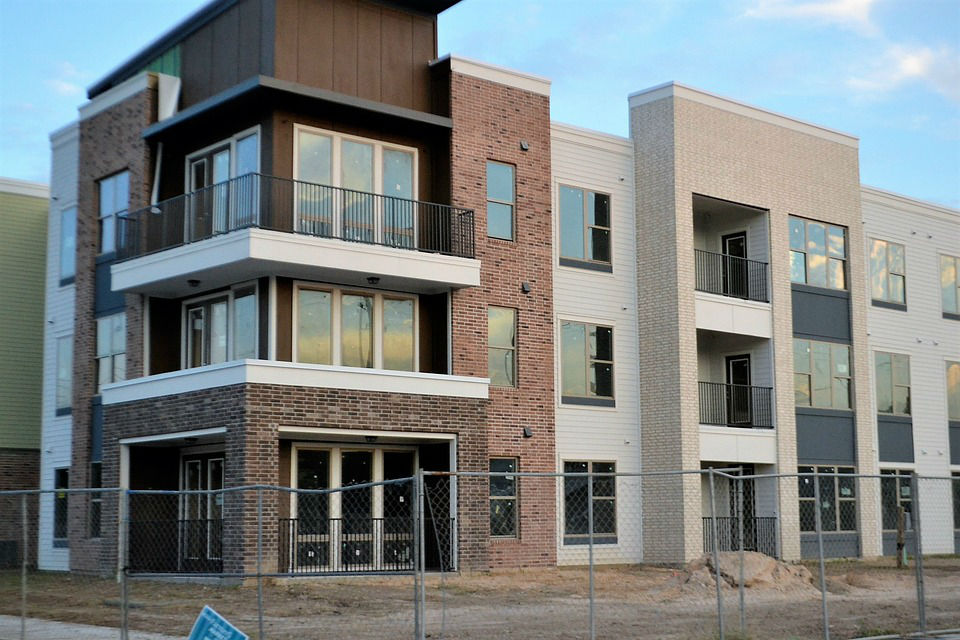As water failures and leaks are part of everyday life, repair and maintenance work is essential to ensure that the plumbing works properly. When it comes to paying the bill, tenants and landlords are often at odds over what charges each party is responsible for. So what are the rights and obligations of both parties?
Small jobs in everyday life
Minor plumbing work includes regular maintenance, repairs due to normal use of the installation. In addition, there are small breakdowns such as radiator or boiler malfunctions. On the whole, these are rental repairs that are directly related to the use of the house by the tenant. It is therefore the tenant’s responsibility to pay the plumber’s bill for this work, as required by law.
In practice, the tenant is obliged to ensure that the heating and all sanitary appliances are working properly. In practical terms, this means that it is the tenant’s responsibility to have the boiler serviced annually and the radiator drained. If necessary, he will have to pay for the replacement of defective parts if the breakdown is attributable to the daily use of the heating system. The costs of unblocking the sink, shower, washbasin and toilet are to be paid by the tenant, if the blockage is due to negligence or misuse by the occupants of the house. In the same vein, the tenant must pay the plumber for the periodic clearing of the pipes. The tenant must also pay for the emptying of the septic tanks, which is usually done every 4 years.
The maintenance of taps and pipes is part of the tenant’s obligations. This ranges from replacing joints or a fitting in the case of a leak, to replacing the entire tap in the case of accidental or intentional breakage.
Major works
In general, all major plumbing work is the responsibility of the landlord. The same applies to breakdowns and leaks caused by a defect in the property. Nevertheless, these repairs are governed by law n°89-462 of 6 July 1989 to protect the landlord’s rights and to protect him from possible abuse by tenants. The landlord is obliged to provide a property that complies with the construction standards in force in his region, including those relating to plumbing. Before renting out a flat or house, the landlord must check the state of the installation and call in a plumber for any necessary repairs.
To do this, it is imperative to carry out an inventory of fixtures in the presence of the owner and the future tenants. Both parties should check each element of the plumbing system together, including the pipes, taps, sanitary appliances and heating. It will also be necessary to ensure that the property is connected to the main water supply and that the drainage system is working. The tenant can report any defects to the landlord and give the landlord time to carry out the repairs. Before signing the lease and moving in, the tenant should ensure that the repairs have been carried out to avoid unpleasant surprises. The landlord must be able to prove that the work has been done.
The landlord will pay the bill to replace part or all of an old installation. This concerns equipment that is too old, rusty or poorly maintained. In the case of a new tenancy, the landlord will have to pay the costs of installing the missing equipment before the tenants move in.
Special cases
Generally, maintenance is the responsibility of the tenant and major plumbing repairs are the responsibility of the landlord, however there are some exceptions. In theory, all work carried out after the signing of the lease is the responsibility of the tenant. If hidden defects are found when the installation is first used, it is possible to request a free diagnosis from a plumber, with Berlmard Batiment for example. He can assess the condition of the plumbing and determine impartially whether the problem is caused by the age of the installation or misuse. This will help to decide between the tenant and the landlord as to who is responsible for the work.
Any alterations not required by the plumbing regulations but carried out at the tenant’s initiative are the responsibility of the tenant. This includes modernization of the installation, but also alterations such as the replacement of a bathtub with a shower or the installation of a rain canopy, for example.
Generally, work related to the age of the installation will be financed by the landlord, unless it is caused by poor maintenance by the tenant. In this case, it will be the tenant’s responsibility to pay the plumber’s bill for any necessary repairs resulting from the deterioration of the installation.
Finally, plumbing problems caused by a natural disaster will have to be solved by the landlord. The landlord will be responsible for restoring the property after an earthquake or flood.
A good relationship with your landlord is always better
Apart from maintenance and alterations that can be easily planned, plumbing work often requires urgent action. However, it is advisable to notify your landlord before starting any repairs that may be charged to him. This will help to maintain a courteous agreement between the two parties. The landlord must normally approve the repairs requested by the tenant before the work is started.
Ideally, put the work in writing, specifying its nature, the duration of the work and the price charged by the plumber. This will help to avoid possible disputes in the event of a disagreement over a plumbing bill. Do not hesitate to attach the plumber’s estimate to your request. Also remember to give the owner time to consider the feasibility of your request and to respond positively to your request.
If the work cannot wait, inform your landlord by telephone of the work you plan to do and its estimated cost. Send the estimate by post as soon as possible to justify the work. Be aware that the landlord has the right to refuse to pay the plumber’s bill if the work is non-essential and the landlord has not formally authorized it.
In the event of a dispute, it is best to seek an amicable solution. If no compromise is reached, it will be up to the Departmental Reconciliation Commission to decide.
In conclusion, the laws in force in the building sector define quite precisely the obligations of the tenant and the owner. Clear communication about the work to be done is the key to a good relationship between you.


